MKO’s fate should serve as lesson to other terror groups, warns Iran’s top general
Iran’s top general says the fate of the Mujahedin-e-Khalq Organization (MKO) terrorist group should be a salutary lesson to those anti-Iran groups that betrayed the Iranian nation and now revel in the support of the enemies.
Chief of Staff of the Iranian Armed Forces Major General Mohammad Baqeri made the remarks in a message on Tuesday on the occasion of the 42nd anniversary of a deadly attack by the MKO terrorists which killed scores of Iranian officials, including then-Chief Justice Ayatollah Mohammad Beheshti.
He said the terrorist attack can serve as a symbol of the oppression brutally imposed on the Iranian people, whose only crime was their demand for independence and rejection of any foreign domination.
At this time, however, no European country is willing to provide shelter to the MKO terrorists, Baqeri added.
On June 28, 1981, a powerful bomb went off at the headquarters of Iran’s Islamic Republican Party (IRP), where the party’s leaders were holding a meeting. The bombing killed scores of Iranian officials, including Ayatollah Beheshti. The MKO is known to have carried out the attack.
The MKO has carried out numerous terrorist attacks against Iranian civilians and government officials since the victory of the Islamic Revolution in Iran in 1979. Out of the nearly 17,000 Iranians killed in terrorist attacks over the past four decades, about 12,000 have fallen victim to MKO’s acts of terror.
In his message, Baqeri also pointed to the June 28, 1987 chemical attack on the Iranian city of Sardasht in West Azarbaijan Province by Western-backed Iraqi dictator Saddam Hussein and censured the inaction of international human rights bodies vis-à-vis the two inhumane acts.
The top Iranian general said the global silence exposed the double standard of international bodies before all freedom- and justice-seeking people in the world.
He further criticized the use of human rights as a tool by colonial powers to impose their “illegitimate demands” on other countries, saying independent nations will not be supported by international bodies and laws if they decline to be dominated.
Over 100 people were killed in the Sardasht attack and thousands more were exposed to chemical agents.
After three decades, many of the survivors of the chemical attack still have to live with the long-term respiratory and even psychological effects of inhaling mustard gas used in the attack.
‘Extremely critical’ to avoid Syria being dragged into war: UN evnoy
What led to dilly-dallying in ICC arrest warrants against Netanyahu, Gallant
Palestinians flee Gaza City suburb after Israel issues forced evacuation order
Iran says will discuss key nuclear, regional issues with France, Germany, UK
VIDEO | Israeli archaeologist killed in Southern Lebanon
VIDEO | Israeli airstrike on Lebanon's army base kills soldier, injures 18 others
VIDEO | Sirens sound across Tel Aviv as Hezbollah fires barrage of missiles at Israeli target
Israeli ‘archeologist’ who toured south Lebanon in military uniform to falsify history


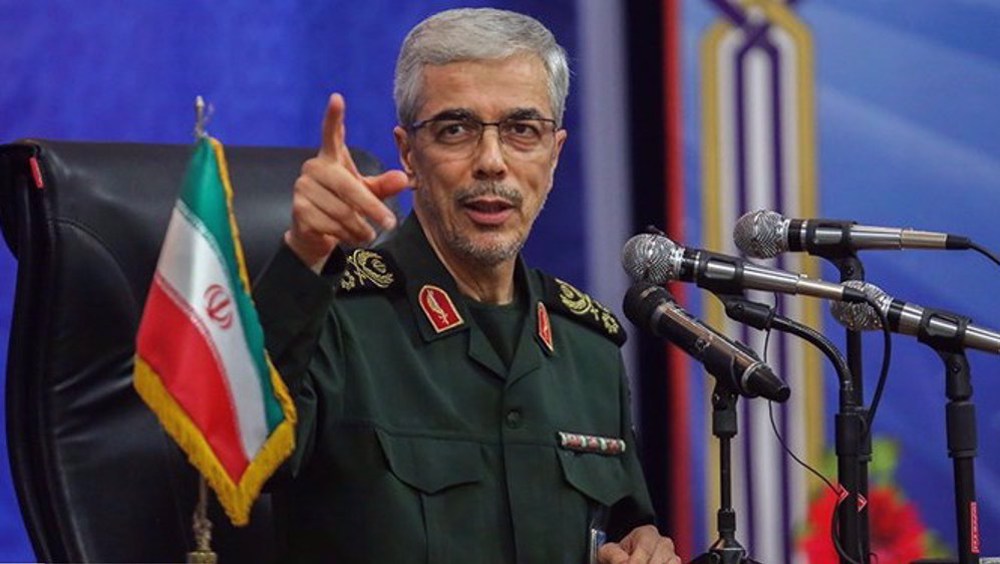
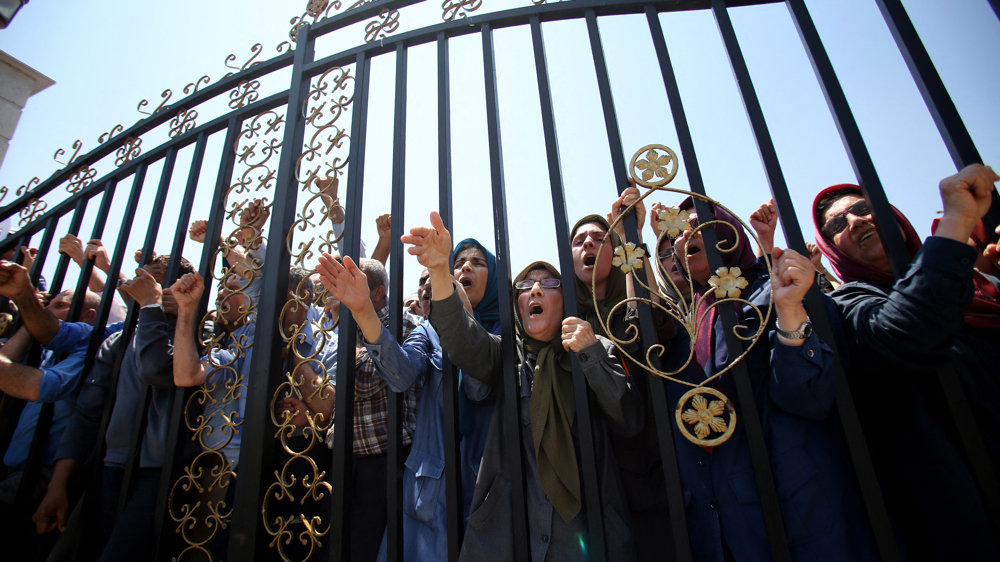
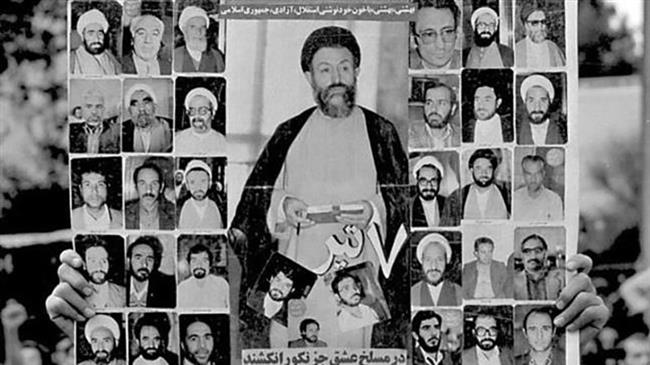
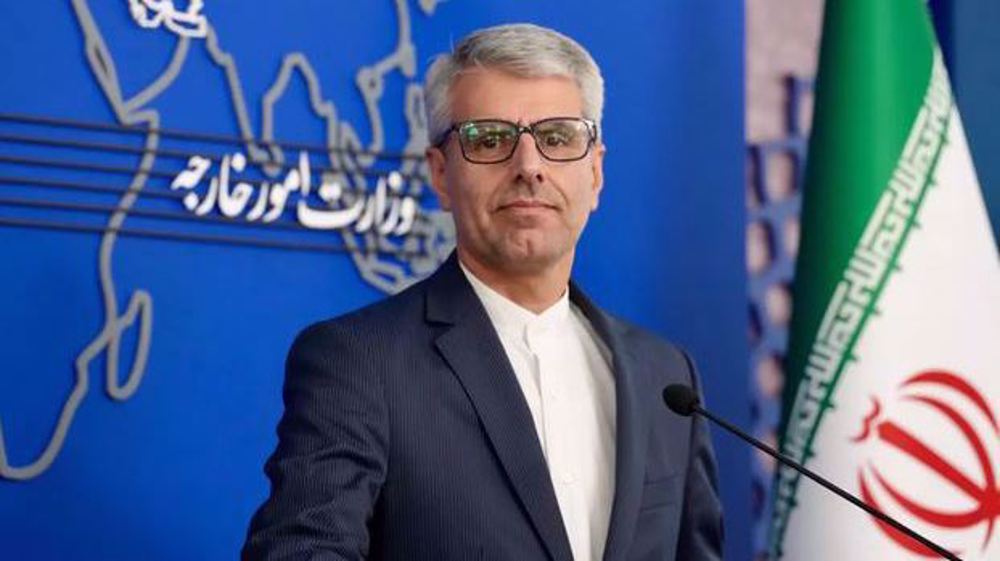
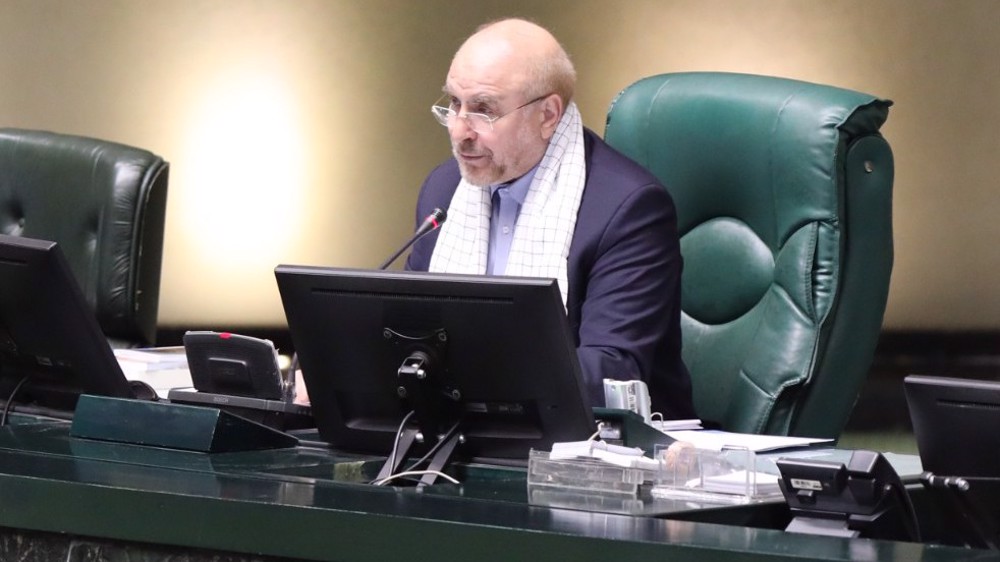
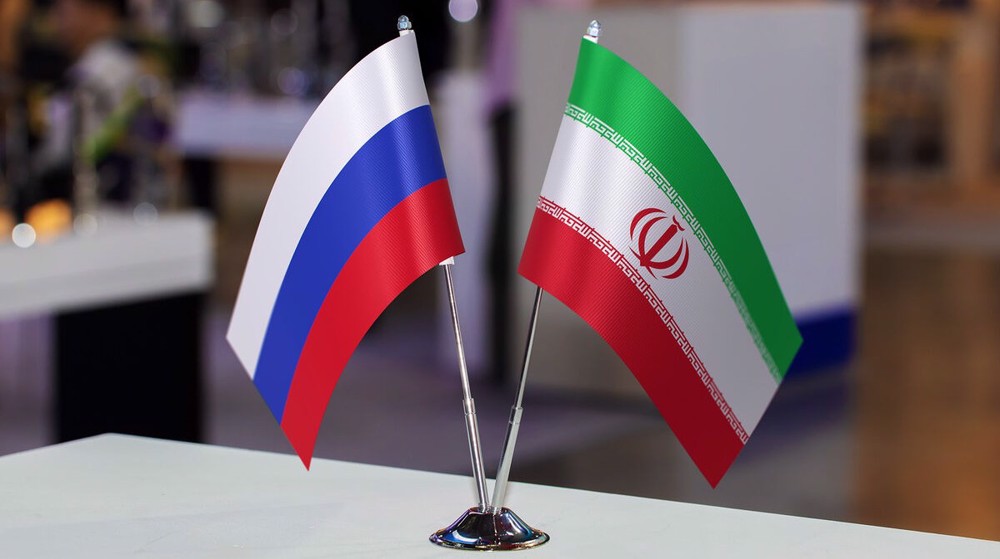




 This makes it easy to access the Press TV website
This makes it easy to access the Press TV website